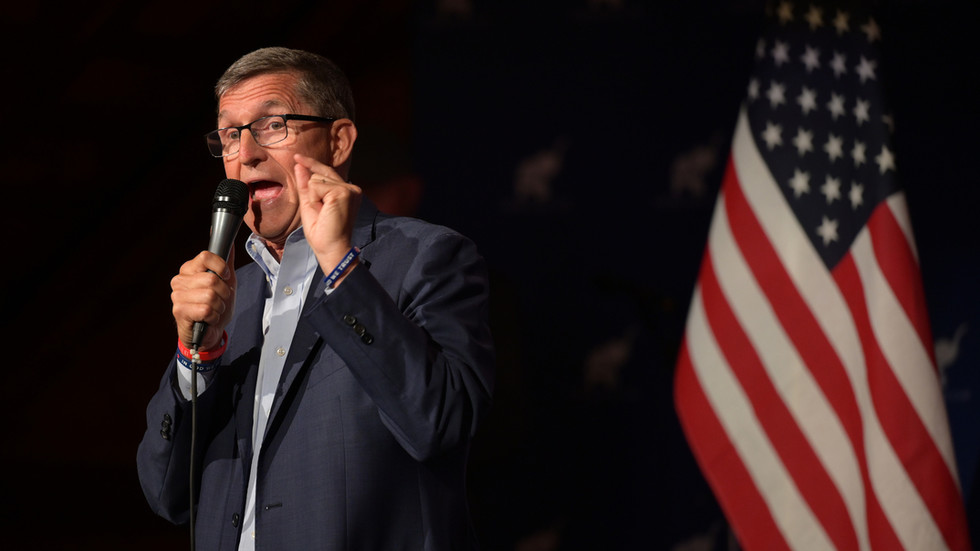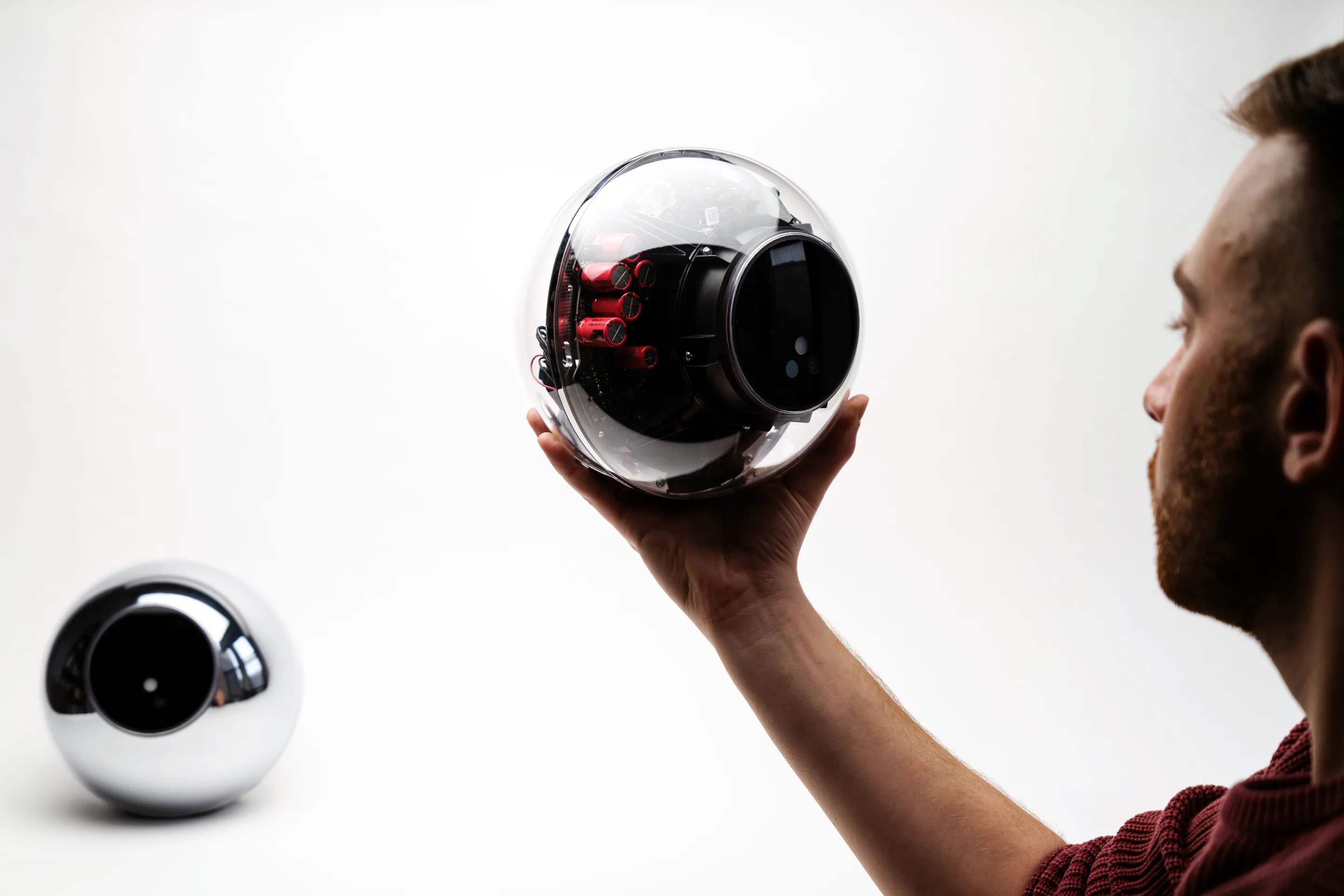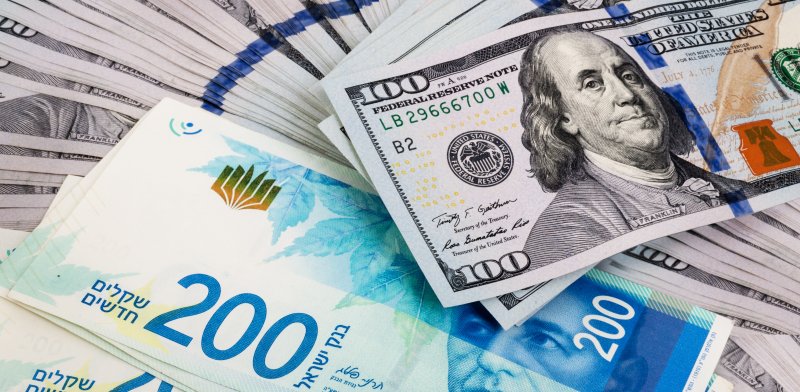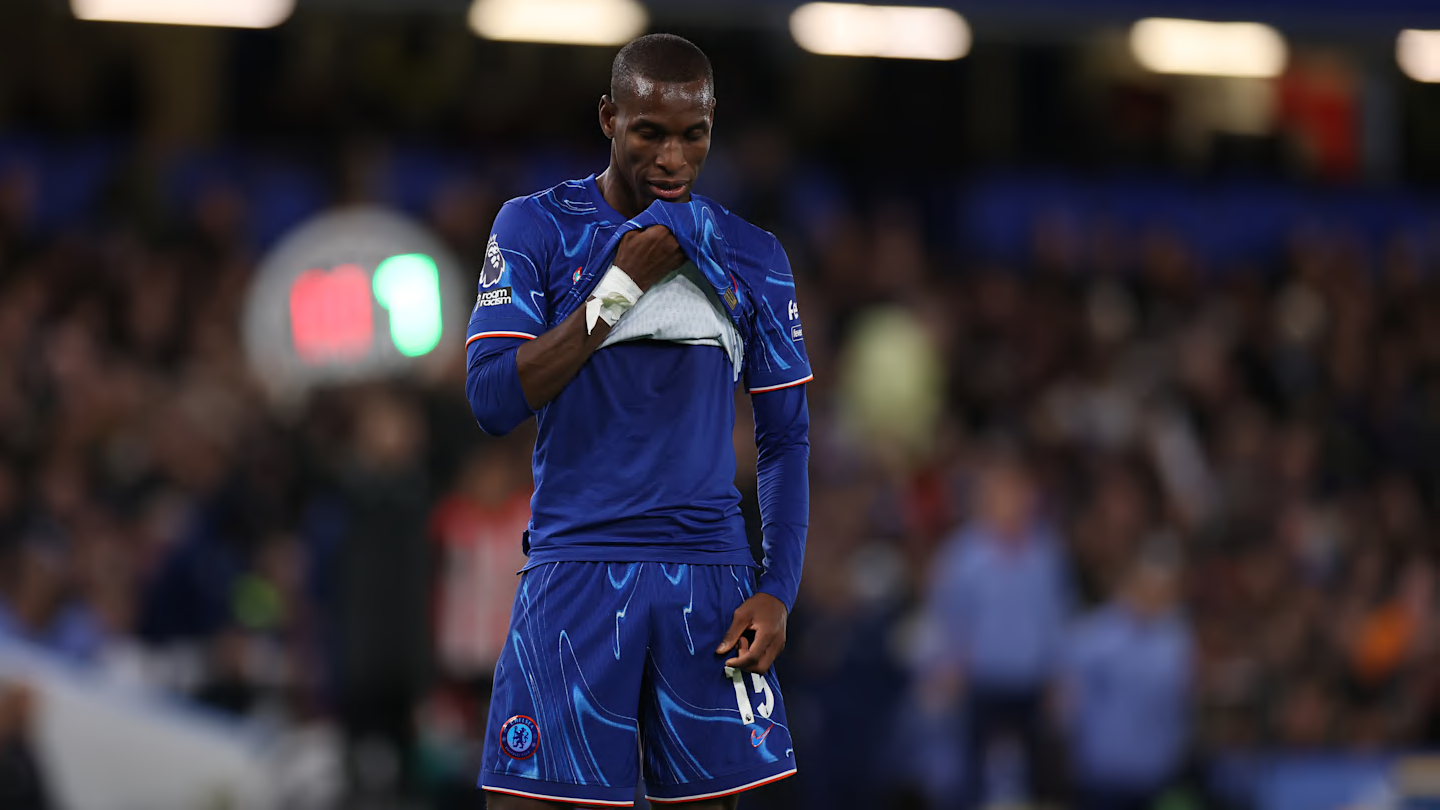Her post-fascist Brothers of Italy party — Eurosceptic and anti-immigration — won September 25 legislative polls but needs outside support to form a government.
Following two days of cross-party talks, the 45-year-old from Rome is now all but certain to be asked to form a government and become the country’s first woman prime minister.
Her Brothers of Italy party won 26 per cent of the vote last month, compared to eight and nine per cent respectively for her allies Forza Italia and the far-right League.
Her appointment would be an historic change for the eurozone’s third largest economy and for Brothers of Italy, which has never been in government.
Tradition dictates that President Sergio Mattarella will only name her after holding formal talks with all parties in parliament.
On Friday, Meloni joined representatives of her coalition to meet Mattarella, with speculation she could be asked to form a government as early as this afternoon.
“We are waiting for the decision of the president of the republic and we are already ready, we want to proceed as soon as possible,” she said after the meeting, calling it “an important moment for the nation”.
She could be sworn in with her ministers over the weekend, with a vote of confidence in parliament next week.
The consultations to cobble a government have been overshadowed by disagreements over Meloni’s ardent support for Ukraine since the Russian invasion with her two would-be coalition partners who are both considered close to Moscow.
A recording was leaked during the week in which Italy’s former prime minister Silvio Berlusconi — who heads Forza Italia — talks about his warm ties with Moscow and appeared to blame the war in Ukraine on Ukrainian President Volodymyr Zelenskyy.
Her other coalition partner, Matteo Salvini leader of the League party, is a long-time fan of Russian President Vladimir Putin and has criticised Western sanctions on Russia.
Despite her Eurosceptic stance, Meloni has been firm about her support for Ukraine, in line with the rest of the European Union and the United States.
“I intend to lead a government with a clear and unequivocal foreign policy line,” she has said. “Italy is fully, and with its head held high, part of Europe and the Atlantic Alliance.”
“Anyone who does not agree with this cornerstone will not be able to be part of the government, even at the cost of not forming a government,” Meloni has warned.
Berlusconi, 86, has said that his personal and political position “do not deviate from that of the Italian government (and) the European Union” on Ukraine.
But the tensions add to concerns that Meloni’s coalition, held together by the need for a parliamentary majority, will struggle to maintain unity.
Berlusconi’s allies insist his comments in the recording, from a meeting with lawmakers earlier this week, were taken out of context.
The billionaire media mogul described a rekindling of relations with long-time friend Putin, who he said sent him 20 bottles of vodka and a “very sweet letter” for his birthday.
Berlusconi’s Forza Italia party said the anecdote was an old one, although in the same recording he also expressed concerns about Italy arming Ukraine.
Meloni’s coalition wants to renegotiate Italy’s part of the EU’s post-Covid recovery fund, arguing the almost 200 billion euros ($193 billion) it expects to receive should take into account the current energy crisis, exacerbated by Moscow’s invasion of Ukraine which has hit the supplies of Russian gas to Europe.
But the funds are tied to a series of reforms only just begun by outgoing Prime Minister Mario Draghi, and analysts say she has limited room for manoeuvre.
Meloni had campaigned on a platform of “God, country and family”, sparking fears of a regression on rights in the Catholic-majority country.
She has distanced herself from her party’s neo-fascist past — and her own, after praising dictator Benito Mussolini as a teenager — and presented herself as a straight-talking but unthreatening leader.
















